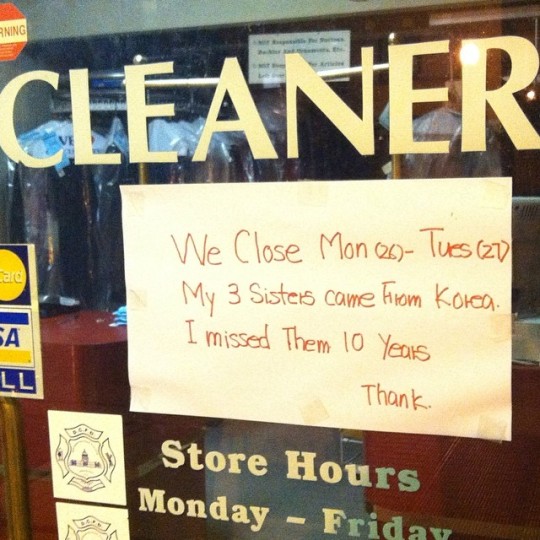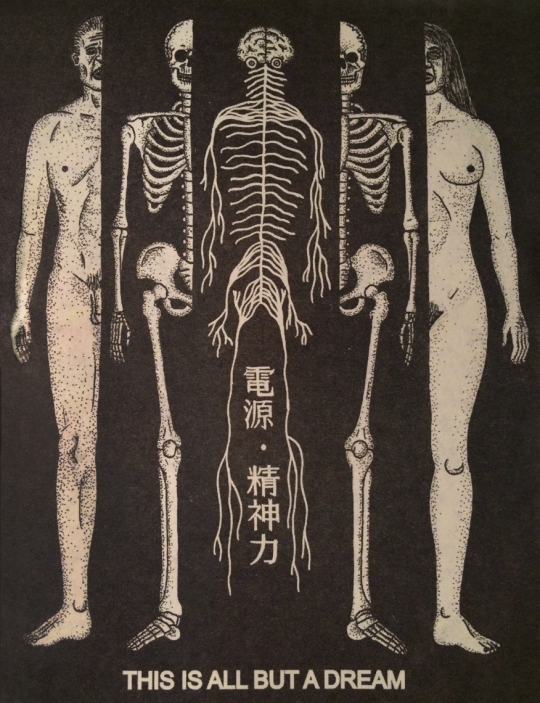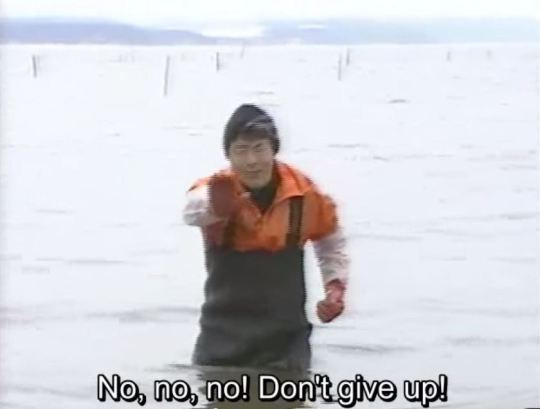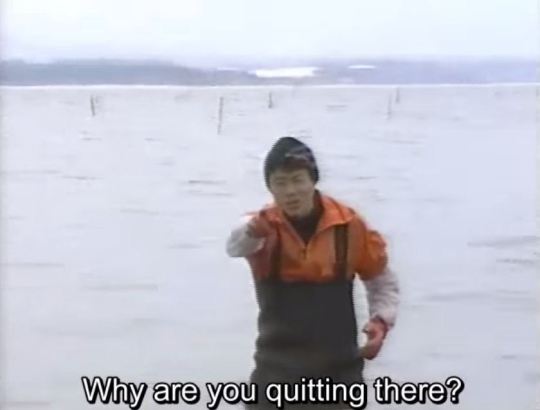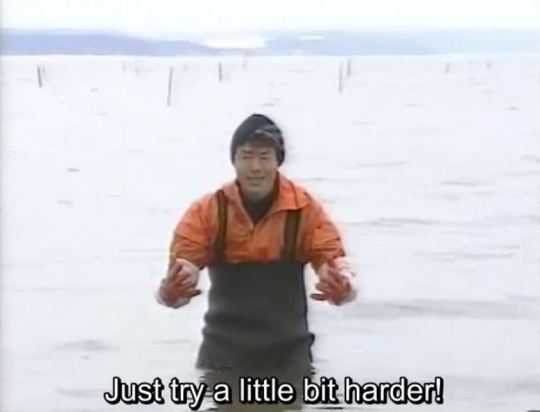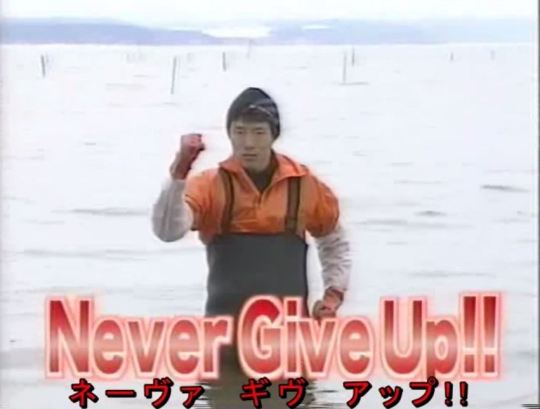Quote
Spotify was founded in 2006, and the iPhone launched in 2007, and there was a real paradigm shift right around then. In the earliest days of personal computing, decisions were made that gave the users an enormous amount of freedom—the PC was supposed to be a productive tool that we used to collaboratively build new things and exchange information without oversight, and that was really wonderful. But it also created an enormous amount of pain for the rights holders. But now, the smartphone is a very closed device. I can’t torrent off my phone, and they only allow certain kinds of applications to go through. So the user has gone from somebody who’s supposed to be empowered to essentially a customer from whom value is supposed to be extracted. So after years of hostility, the technologists and the rights holders are now working in cooperation to essentially conspire against us.
Stephen Witt “A Eulogy for the MP3: How Music Got Free Author Stephen Witt on the Past, Present, and Future of the Industry”; via Pitchfork
0 notes
Quote
Every February my classmates and I were herded into assemblies for a ritual review of the Civil Rights Movement. Our teachers urged us toward the example of freedom marchers, Freedom Riders and Freedom Summers, and it seemed that the month could not pass without a series of films dedicated to the glories of being beaten on camera. The black people in these films seemed to love the worst things in life -- love the dogs that rent their children apart, the tear gas that clawed at their lungs, the firehoses that tore off their clothes and tumbled them into the streets. They seemed to love the men who raped them, the women who cursed them, love the children who spat on them, the terrorists that bombed them. Why are they showing this to us? Why were only our heroes nonviolent? I speak not of the morality of nonviolence, but of the sense that blacks are in especial need of this morality. Back then all I could do was measure these freedom-lovers by what I knew. Which is to say, I measured them against children pulling out in the 7-Eleven parking lot, against parents wielding extension cords, and "Yea, nigger, what's up now?" I judged them against the country I knew, which has acquired the land through murder and tamed it under slavery, against the country whose armies fanned out across the world to extend their dominion. The world, the real one, was civilization secured and ruled by savage means. How could the schools valorize men and women whose values society actively scorned? How could they send us out into the streets of Baltimore, knowing all they were, and then speak of nonviolence?
Ta-Nehisi Coates Between the World and Me
#ta-nehisi coates#between the world and me#baltimore#civil rights movement#freedom riders#freedom summers
0 notes
Quote
Octopuses also have an excellent sense of touch. An octopus’s suction cups are equipped with chemoreceptors so the octopus can taste what it is touching. The arms contain tension sensors so the octopus knows whether its arms are stretched out. However, it has a very poor proprioceptive sense. The tension receptors are not sufficient for the brain to determine the position of the octopus’s body or arms. (It is not clear whether the octopus brain would be capable of processing the large amount of information that this would require; the flexibility of an octopus’s arms is much greater than that of the limbs of vertebrates, which devote large areas of cerebral cortex to the processing of proprioceptive inputs.) As a result, the octopus does not possess stereognosis; that is, it does not form a mental image of the overall shape of the object it is handling. It can detect local texture variations, but cannot integrate the information into a larger picture. The neurological autonomy of the arms means the octopus has great difficulty learning about the detailed effects of its motions. The brain may issue a high-level command to the arms, but the nerve cords in the arms execute the details. There is no neurological path for the brain to receive proprioceptive feedback about just how its command was executed by the arms; the only way it knows just what motions were made is by observing the arms visually, i.e. exteroception.
“Octopus”; via Wikipedia
12 notes
·
View notes
Quote
I like to get people to understand that we're alive right now: when people talk about me mixing tradition with modern, actually, it's all modern. I'm alive right now and I'm an Inuk right now, we're not these things from the past. We don't belong in a museum. That's also part of the colonial way of thinking about things, romanticizing the idea of being native. You have no idea how many people come up to me asking what their spirit animal or name is. I'm always like, 'Fuck off, it's a hot dog.'
Tanya Tagaq “High Performance Rodeo 2015: Tanya Tagaq”; via BeatRoute
7K notes
·
View notes
Quote
We never say that all men deserve to feel beautiful. We never say that each man is beautiful in his own way. We don't have huge campaigns aimed at young boys trying to convince them that they're attractive, probably because we very rarely correlate a man's worth with his appearance. The problem is that a woman's value in this world is still very much attached to her appearance, and telling her that she should or deserves to feel beautiful does more to promote that than negate it. Telling women that they “deserve” to feel pretty plays right in to the idea that prettiness should be important to them. And having books and movies aimed at young women where every female protagonist turns out to be beautiful (whereas many of the antagonists are described in much less flattering terms) reinforces the message that beauty has some kind of morality attached to it, and that all heroines are somehow pretty.
“You Don't Have to Be Pretty – On YA Fiction and Beauty as a Priority”; via The Belle Jar
81K notes
·
View notes
Quote
Who the fuck cares where you went to school or where you work? The question is: Is your everyday experience good, healthy, beautiful? Because I have to tell you, while it might be cool to work for a company like Google, Apple, or The New Yorker, if your job is stupid, stressful and your boss is an asshole, there is nothing good or prestigious about that. While it might seem right to go to a school like Berkeley, if classes are overcrowded and students are nervous, anxious, religious zealots from Orange County, are you sure you want to go there? What’s good about that? To believe in prestige is to privilege abstract, collective impression over palpable, daily experience. To which I say: fuck prestige. Do what serves your everyday vitality.
Daniel Coffeen “Screw Prestige”; via Thought Catalog
22K notes
·
View notes





